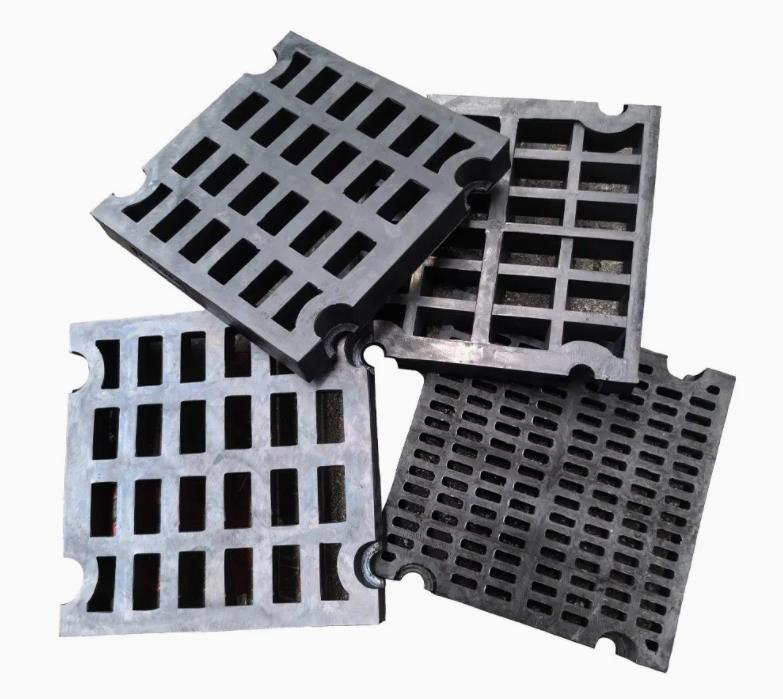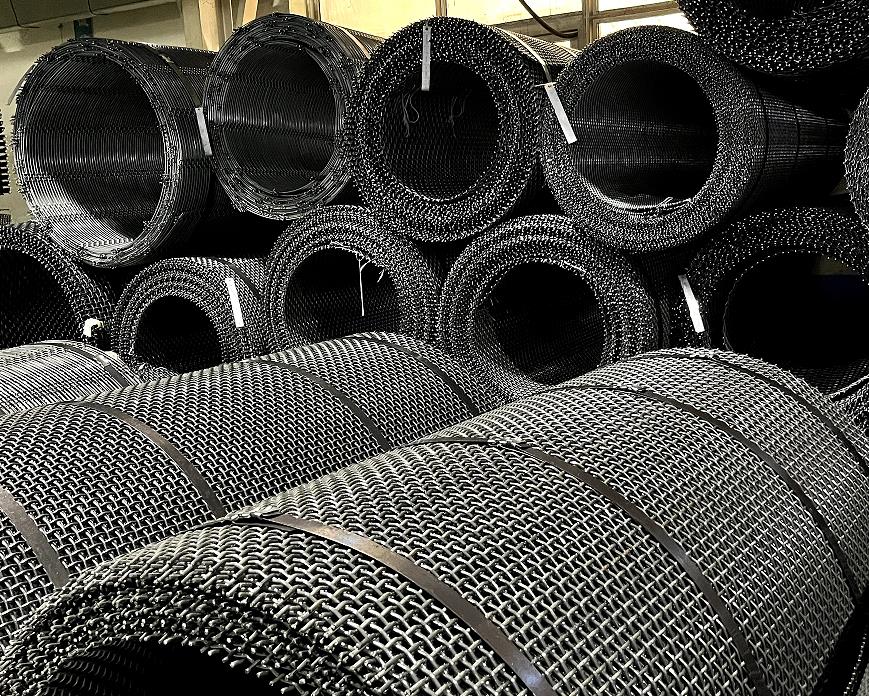Is the rubber screen more durable than the metal screen?
Rubber screen is not necessarily more durable than metal screen Both have their own advantages and disadvantages, depending on the use environment and needs
Rubber screen is not necessarily more durable than metal screen. Both have their own advantages and disadvantages, depending on the use environment and needs.

Durability of rubber screen
Wear resistance: The rubber screen has good wear resistance, and its service life is usually 2-3 times that of ordinary metal screen. It is one of the screen surface materials with the best wear resistance in the world.
Impact resistance: The rubber screen has good elasticity and can absorb a lot of impact force. Its bearing capacity can reach more than 2.5 times that of the metal screen, and it is more durable under high-intensity impact conditions.
Corrosion resistance: The rubber screen is resistant to oil, ozone, and radiation, but its corrosion resistance is slightly inferior to that of the polyurethane screen.
Durability of metal screen

Wear resistance: The wear resistance of ordinary metal screens is relatively poor, but the metal screens made of special materials such as high manganese steel screens have good wear resistance, and their life can reach 4-8 times that of ordinary vibrating screens.
Impact resistance: The impact resistance of metal screens is general. For example, in order to ensure the opening rate of steel plate screens during use, the connecting plates between the holes will become thinner, and the impact resistance is not very good, which will affect its final service life.
Corrosion resistance: Metal screens are easily affected by corrosion, resulting in shortened life and reduced performance, while stainless steel screens have certain corrosion resistance.
Comprehensive comparison
Under high-impact and high-strength working conditions: rubber screens are more durable than ordinary metal screens due to their excellent impact resistance and high load-bearing capacity.
In corrosive environments or working conditions requiring fine screening: polyurethane screens have higher corrosion resistance and screening accuracy, and their service life is 8-10 times that of ordinary metal screens and 3 times that of stainless steel screens. In these aspects, they are more durable than rubber screens.
In terms of cost considerations: metal woven screens and wire screens are relatively cheap and suitable for more conventional screening operations; while wear-resistant materials such as rubber screens are more expensive, but have a long life and are suitable for long-term wear conditions.



